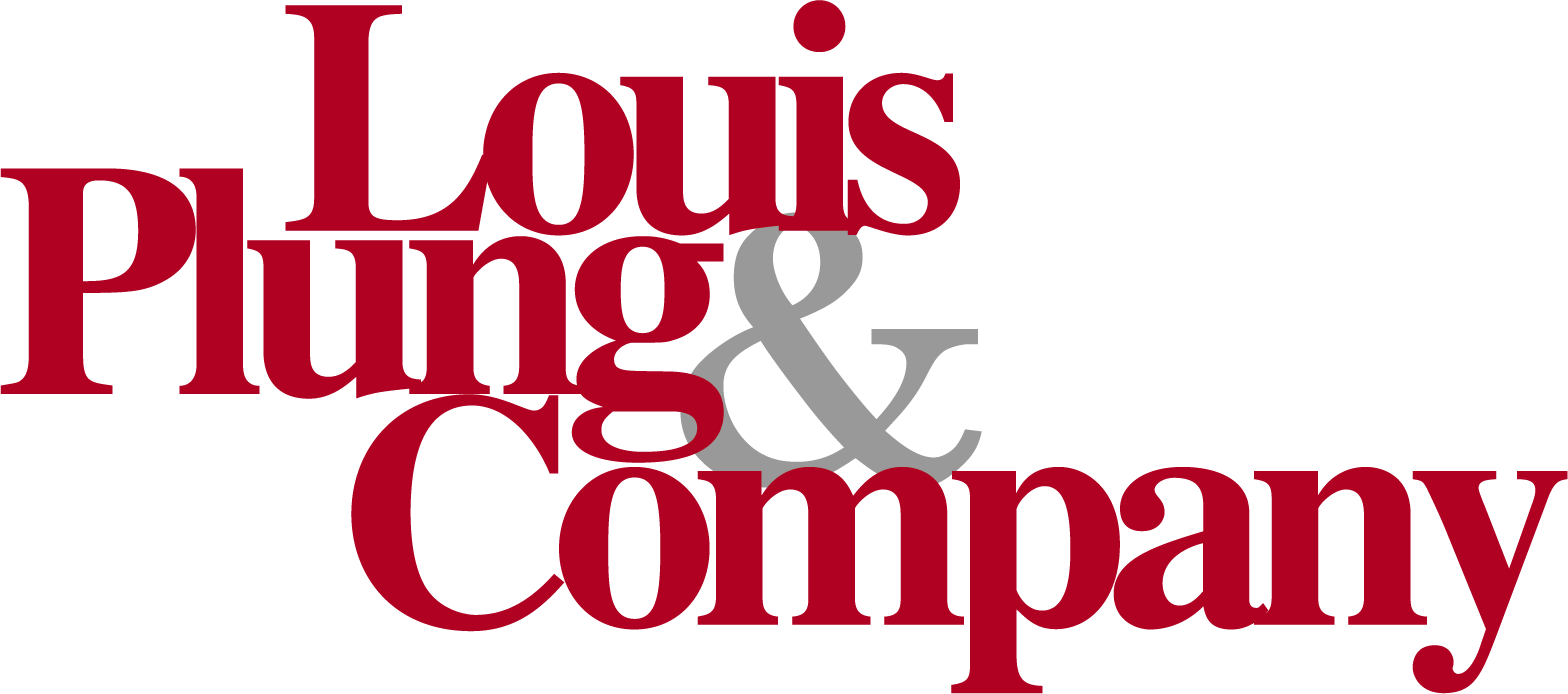Treasury Provides Guidelines for Review of “Good Faith” Certification Concerning Necessity of PPP Loans

With the May 14, 2020 “safe harbor” deadline for repayment of PPP loans quickly approaching, the Department of Treasury provided additional information today regarding the SBA’s review of borrower’s good faith certification as to their need for a loan under the Paycheck Protection Program (“PPP”). All borrowers were required when submitting a PPP loan application to certify that “current economic uncertainty makes this loan request necessary to support the ongoing operation of the Applicant”. Following some high-profile instances of large public companies obtaining PPP loans, the SBA promised to review all loans greater than $2 million. Today’s announcement provides guidelines on how the reviews will be conducted.
“Safe Harbor” for Loans Less than $2 Million
Borrowers who received loans of less than $2 million in principal (together with affiliates) will automatically be deemed to have made the certification concerning the necessity of the loan in good faith. The SBA determined that this safe harbor is appropriate because borrowers who received loans in amounts less than $2 million are unlikely to have access to additional sources of liquidity. The large volume of loans under the $2 million threshold would also make reviews administratively difficult for the SBA to perform due to limited resources.
Loans Greater than $2 Million
The SBA will review all loans greater than $2 million for compliance with program requirements set forth in the PPP “Interim Final Rules” and the Borrower Application Form. If, during the course of this review, the SBA determines that the applicant did not have adequate basis for making the required good faith certification, they will seek repayment of the outstanding PPP loan balance and disallow any loan forgiveness. If the borrower repays the loan, the SBA will not pursue “administrative enforcement or referrals to other agencies”.
The guidance does not provide examples of how a borrower can satisfy compliance with the good faith certification if challenged to do so. As the SBA will be looking at the individual circumstance of each business, borrowers should be prepared to provide support for how they determined the necessity of the loan. Borrowers should also perform and review of their loan application and loan calculation to verify compliance with all rules and regulations.
Please contact your Louis Plung & Company advisor at (412) 281-8771 with any questions.




